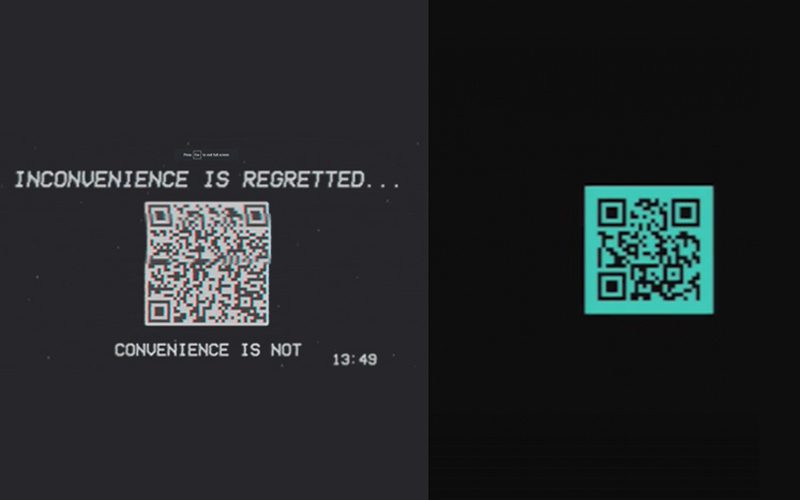
Online quick delivery company Dunzo recently created a global stir by attempting a unique advertising strategy. Reportedly, Coinbase, a cryptocurrency company, also attempted a similar advertising campaign during Superbowl this year, through a drifting QR code without any brand and with just a black background. During the final match of IPL 2022 between Gujarat Titans and Rajasthan Royals, Dunzo’s ad started as a blurry, glitchy screen as is experienced during an analog cable crash, then for 20 seconds along with a countdown timer there was a QR code on the screen with a text saying “Inconvenience is regretted, convenience is not”.
Despite netizens creating a buzz, the undercurrent of these two marketing attempts is of phenomenal importance to the retail industry in India, as these are the perfect examples of ‘Phygital Marketing”, a newer, smarter, and futuristic style of marketing.
Phygital Marketing is a portmanteau, blending physical and digital marketing. With the increasing affinity toward online shopping, especially e-commerce platforms, many retailers are coming out with their own omnichannel strategies to keep up with the dynamics of the market. This is where phygital marketing emerges as an option of exorbitant importance. Customers’ demands from retailers are changing constantly with exponentially growing technological advancements and innovations getting incorporated into retail operations to provide a seamless experience to the customers. For that reason, blending methods and strategies of traditional and digital marketing to create a unique blend of experience is how phygital marketing is going to help bridge the gap between the in-store experience in physical retail and urgency in digital retail.
Companies across the world are using several phygital marketing techniques like Pop up booths or Event booths, creating real-world customer centers, putting the idea of innovation in customers’ minds through the limited supply of innovative products, using AR and VR to create a virtual experience, wearable technologies, QR code marketing and many more.
On the other hand, according to one report, about 82% of the customers who enter a store are likely to check reviews online for their desired products. Hence, it is evident that phygital marketing strategies tap into the reality that customers in this digital era have grown accustomed to. So, the final question that all of this leads us to is whether these two retail verses are going to co-exist in the future or something new is going to replace all of these.
— Sayan Mukhopadhyay








